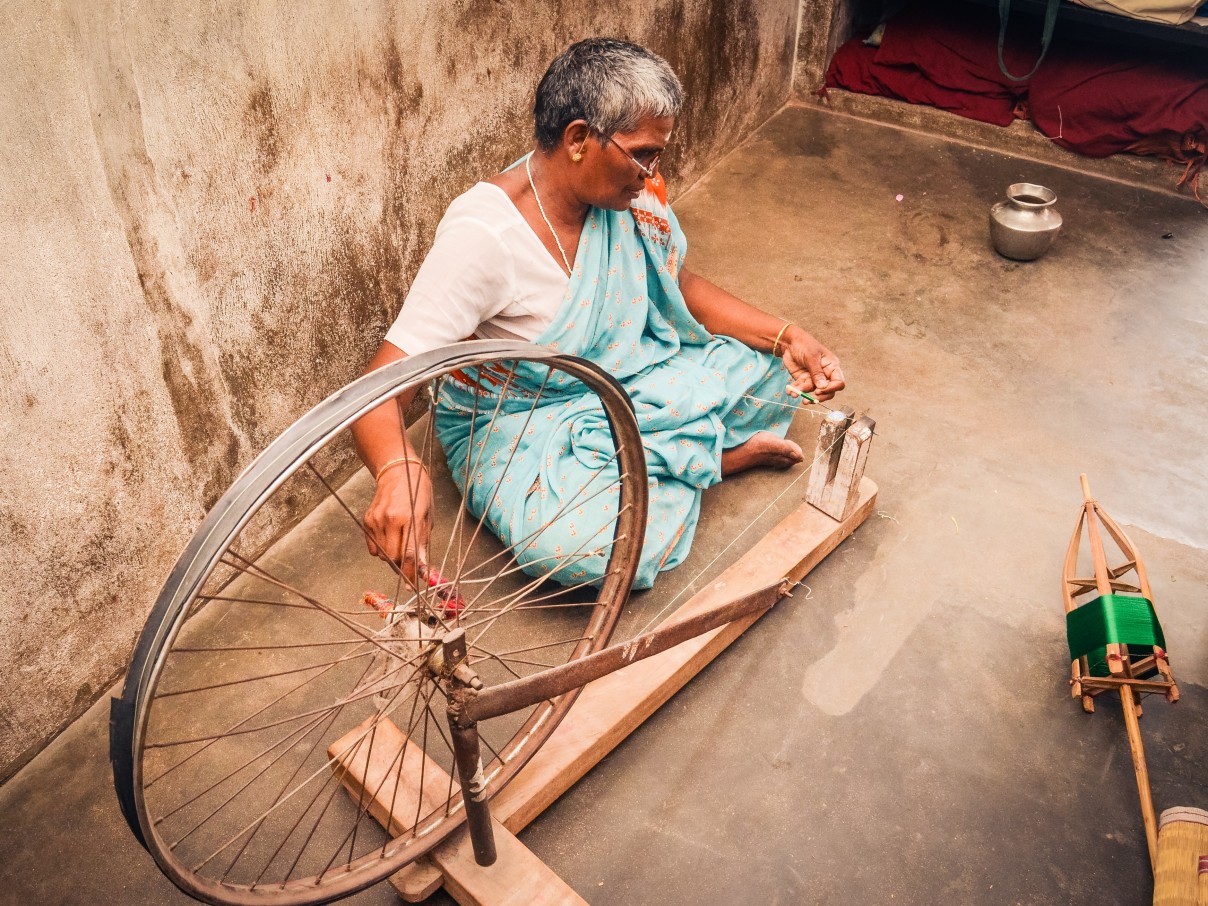Where next for philanthropy?
06 Feb 2013

Hand in Hand Advisor Professor Myles Wickstead gives his views on the future of philanthropy
Philanthropy, NGOs and international development – where next?
It was never very explicit, but one key assumption underlying the Millennium Development Goals (MDGs) was that in return for better policies and governance in the developing countries there would be continuing – and indeed significantly increased – flows of official development assistance (ODA) from the OECD/DAC countries. This compact was made much more overt subsequently, not least at the Gleneagles Summit hosted by the UK in 2005.
Now it is the UK’s turn to host another G8 Summit. It will be marked inter alia by the UK achieving the 0.7% ODA/GNI target – the first G8 country to do so. We should be very proud of this, in part because it shows that the UK has delivered on its commitment and because well-targeted and effective concessional assistance remains crucial for many countries.
But the world has changed dramatically in this period. The distinctions between ‘developed’ and ‘developing’ have become less useful. The G8 has yielded power to the G20. Other types of financial flows have assumed ever greater importance – above all private sector financing and foreign direct investment; diaspora remittances (which have for some time exceeded aid flows to the developing world by a ratio of three to one); and the growth in philanthropic funding.

Rasul | Poultry farmer | Sholgara District, Afghanistan
At the beginning of the century, philanthropic flows to developing countries were insufficient to warrant a line in the OECD/DAC’s list of financial resource transfer. They now account for about half as much as ODA – a massive shift. Of course the creation of bodies with very significant resources like the Bill and Melinda Gates Foundation has had a major impact; but there has also been a significant growth in other foundations and philanthropic giving, both international and from within emerging economies themselves.
A further shake-up of the international development context is under way, largely because of the continuing progress being made by many developing countries but also as discussions begin on what should succeed the Millennium Development Goals (MDGs) after 2015. Key issues will be how to reach the poorest and most vulnerable groups and promote greater equity, and how this can all be made consistent with addressing issues like climate change and pollution to assure the future sustainability of the planet.
So let us fast forward to 2025. If progress continues at the same rate as has been evident in recent years, there will be many more middle-income countries (MICs) – joining countries like India, China and Ghana – than now. They will need significantly less ODA from donors, which will be concentrated on a relatively small number of fragile states. So will there be a continuing need for philanthropists and civil society organisations?
‘Yes’, is the short answer. Very wealthy philanthropists and foundations might choose to support ‘global public goods’ – addressing issues such as diseases that cross borders, or supporting the development of new agricultural practices which have broad application. But on the whole it is likely that philanthropists will be increasingly home-grown and resident in middle-income countries, so will want to use their wealth to target inequity and inequality in their own countries or regions. Some of them at least, having made their money in the private sector, will want to use their philanthropic efforts to strengthen that area of the economy, perhaps focusing in particular on the key challenges of employment and job creation.
Civil society organisations will also have a continuing important role to play as service-deliverers and as advocates for policy change. As they develop capacity and capability over time, local CSOs/NGOs will become increasingly able to form direct relationships both with their governments and with philanthropists. The key role of international NGOs is likely to be to support development work in fragile states and to respond to humanitarian emergencies; and of course to continue to act as advocates for the poorest and most vulnerable wherever they may be.
NGOs, international or national, need resources. Philanthropists, international or national, have them. What needs to be done to tackle poverty, inequality and sustainability should become increasingly evident over the next two to three years. Philanthropists and NGOs will together have a crucial role to play in addressing those challenges.
Original article published by www.bond.org.uk
